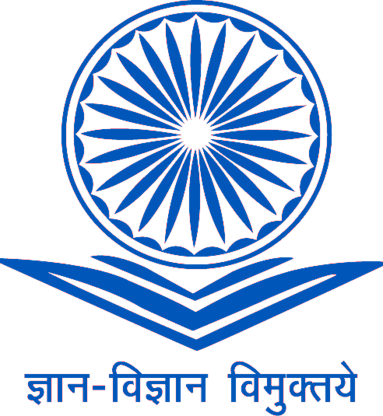The Interplay of Privilege and Subjugation: A Study of Appropriation in Shashi Tharoor's ‘The Great Indian Novel’
Abstract
In Indian society, the traditional belief that men are superior has often led to women being controlled and limited in their roles. Men typically hold power in households, using it to control, take advantage of, and dominate women, keeping them in subordinate positions. This societal attitude is reflected in literature, where authors often portray men as oppressors and women as victims. This study examines how men exert control over women in various ways in Shashi Tharoor's book "The Great Indian Novel." The story, which retells the Indian epic Mahabharata against the backdrop of India's struggle for independence and modern politics, serves as the context for this analysis. Using Collette Guillaumin's idea of women's oppression as a guide, this paper looks closely at specific parts of the text to support its arguments. The research confirms that the book indeed highlights the theme of women being controlled and dominated by men.














